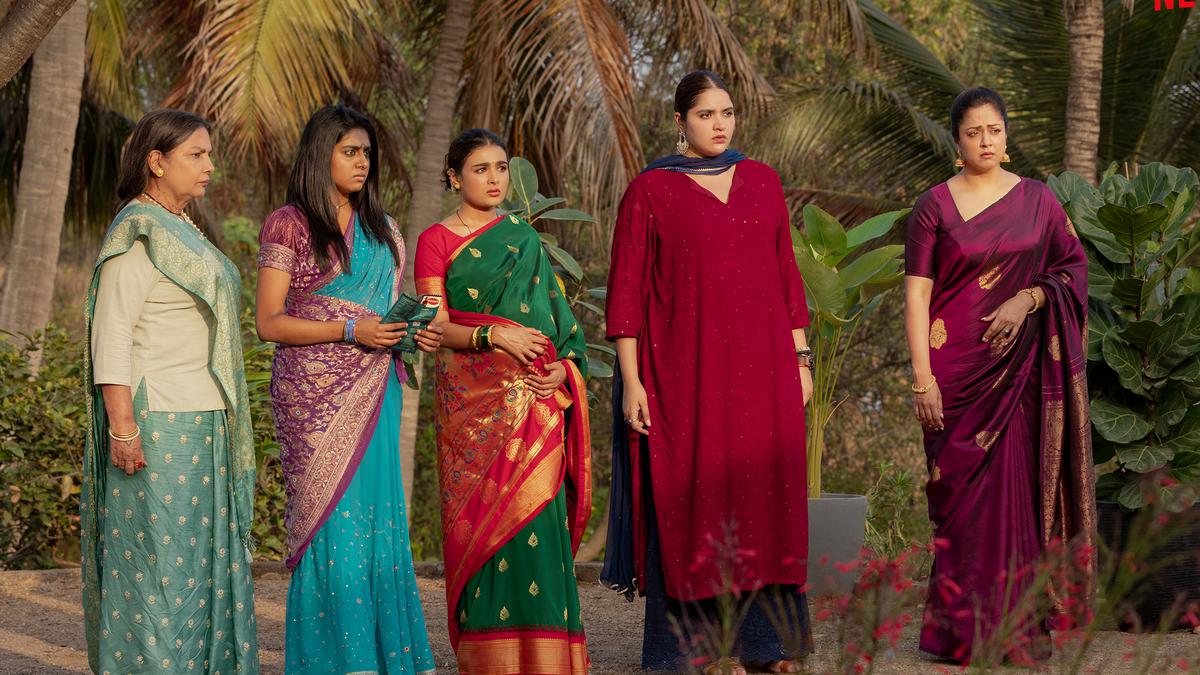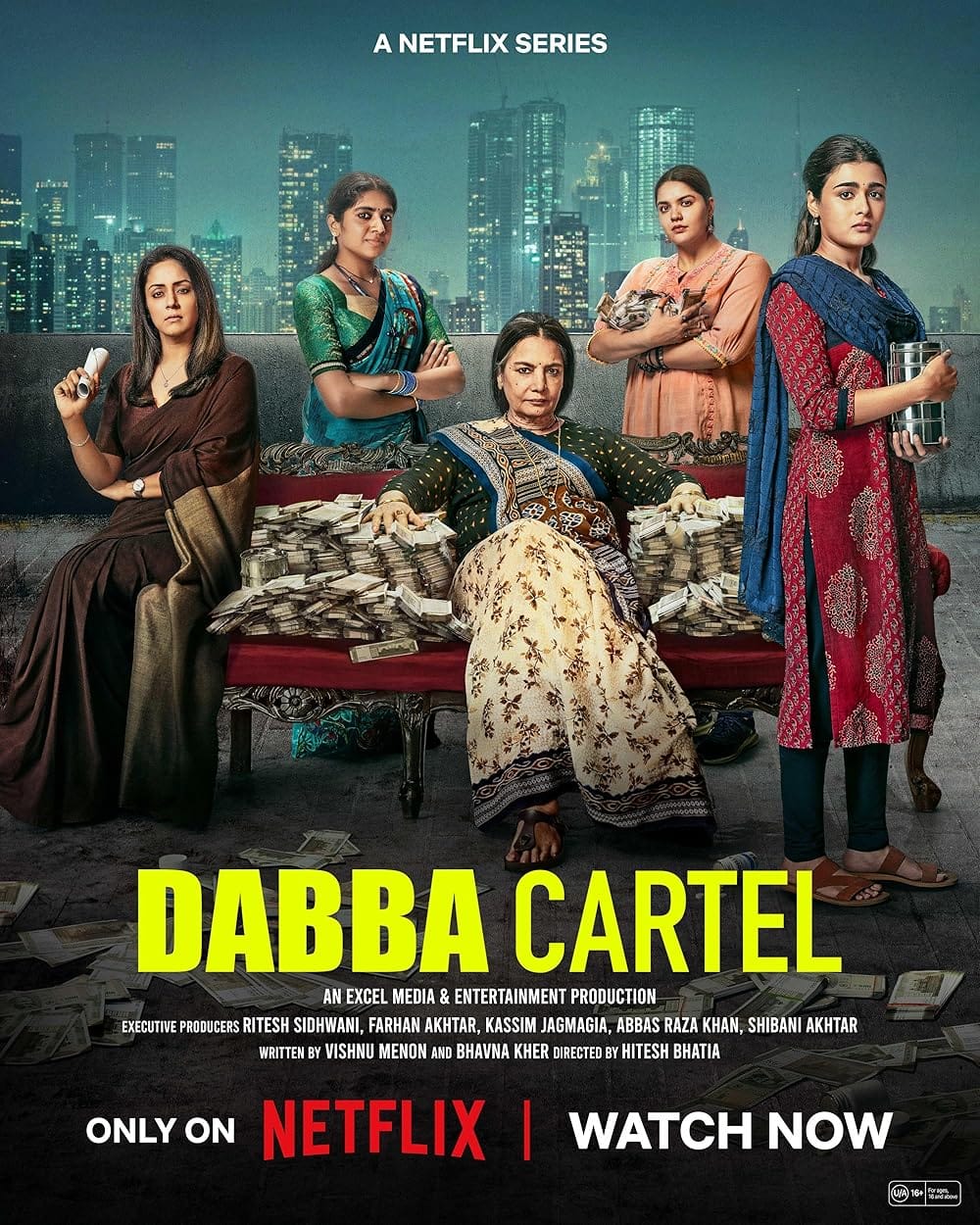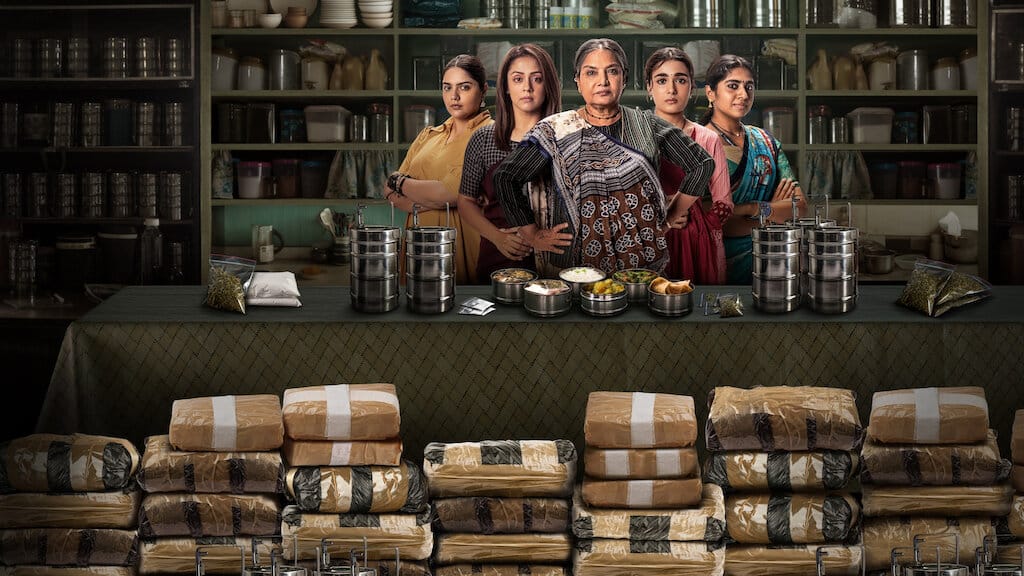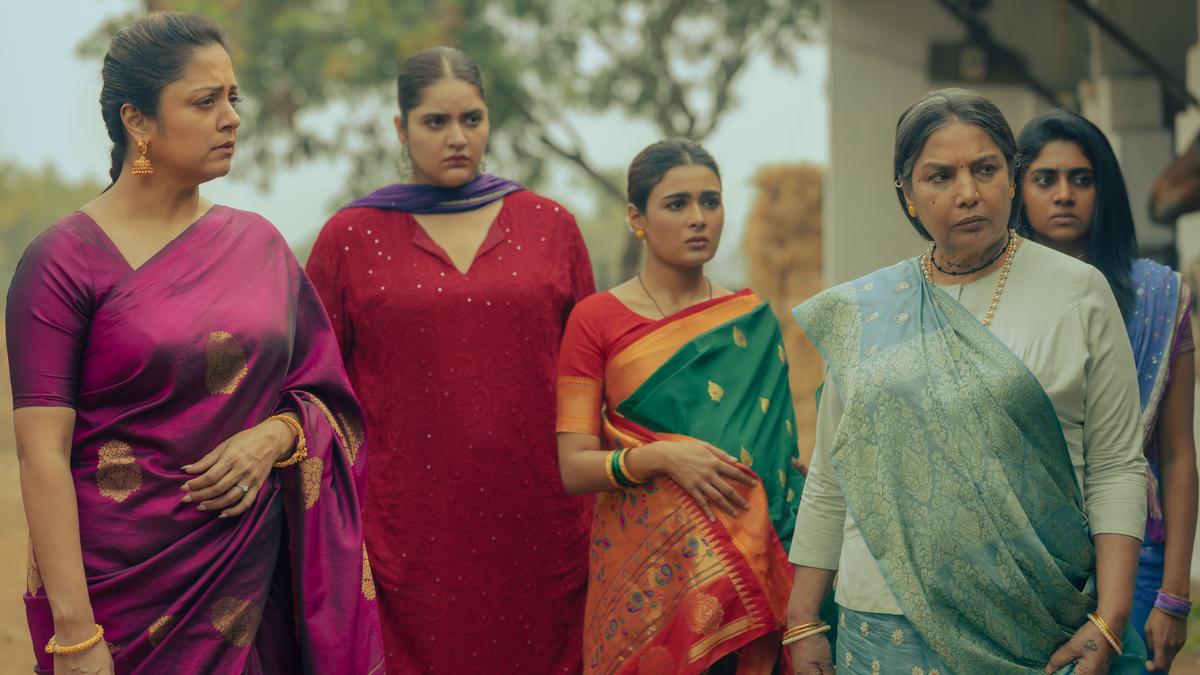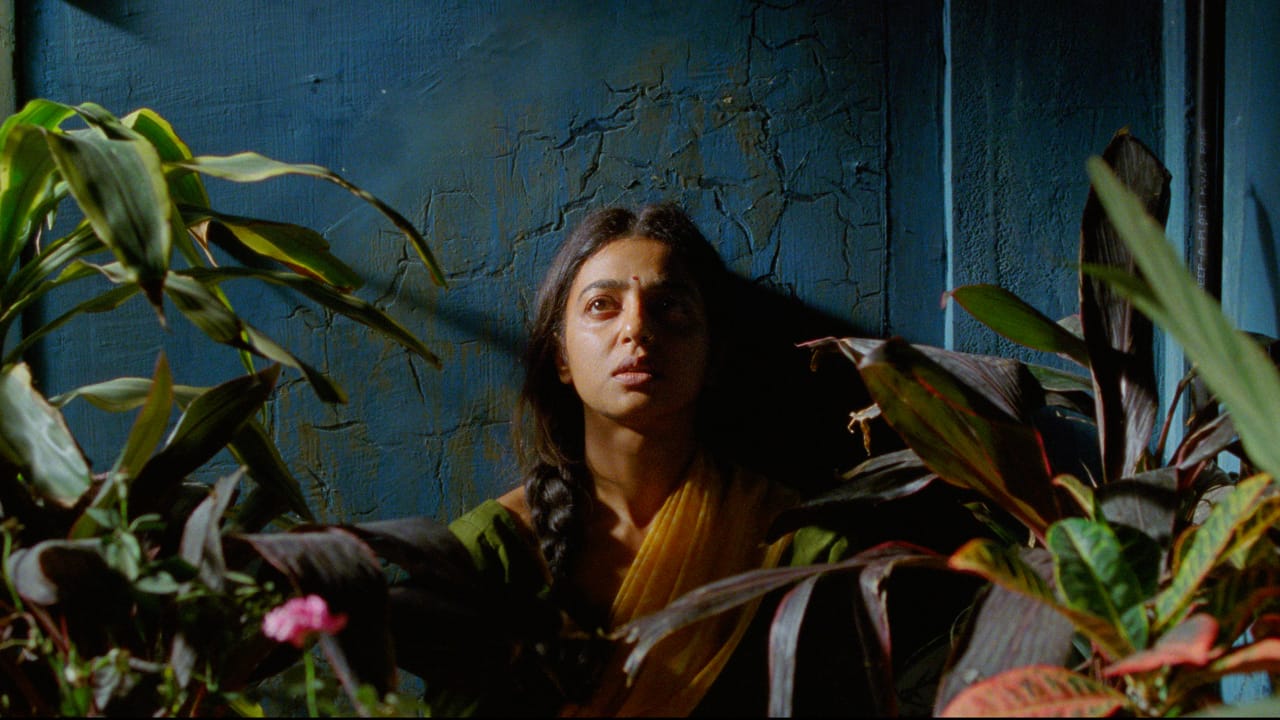Netflix’s new show, Dabba Cartel has been met with both excitement and disappointment. While the show’s novel concept about a group of women from various walks of life converging to handle production and distribution for a drug cartel initially caused quite a buzz, its messy and rushed ending was quick to garner disappointment. Despite its faults, one thing that stood out was strong and complex female leads who take the center stage in this crime drama, a genre otherwise dominated by men
Food and women in Dabba Cartel
Women are always associated with food. Dabba Cartel expands on that and uses it to break through patriarchal norms. The show plays on the idea of the kitchen as a space for women and uses that to their advantage. The kitchen has always been seen as a space associated with women and a site where they seem to derive all their “power” and “control” and the show has cleverly reimagined this space, allowing women to reclaim power and control over their lives and themselves.
The kitchen has always been seen as a space associated with women and a site where they seem to derive all their “power” and “control” and the show has cleverly reimagined this space, allowing women to reclaim power and control over their lives and themselves.
Similarly, using a dabba service (which essentially is like an extension of the kitchen) as the medium for the distribution of drugs is such a clever way of making a group of oppressed women break into a male-dominated field.
The women of the cartel
Raji is a woman who works hard to maintain her dabba service alongside Mala, and she desperately wants to start a family. Her husband, while not the worst man in the show, is eager to move to Germany despite her disinterest in doing so.
Nevertheless, she continues to support his dreams, even as he belittles her efforts. For instance, he rejects the money she contributes to their fund for settling in Germany. Throughout the show, Raji faces numerous challenges and becomes increasingly wary of her involvement in a drug cartel. Despite her hesitations, she excels at her job. In a pivotal scene, after constant dismissals from her husband of her financial contributions, she unexpectedly hands him a large wad of cash, leaving him speechless.
Mala is a powerful character who does not tolerate nonsense from anyone. Coming from a lower economic background, she refuses to be walked over and consistently stands up for herself and her daughter. She is the catalyst for the Dabba cartel, having been blackmailed by her boyfriend into selling drugs through her Dabba service. Mala’s character illustrates the oppression faced not only because of her economic status but also due to her gender.
Varuna is severely oppressed by her husband who limits her freedom and curtails her dreams and ambitions. He positions her in the role of a mother and wife and denies a job opportunity on her behalf without ever consulting her. As a result, Varuna comes across as rude and mean, with feelings rooted in deep resentment toward her husband.
Varuna is severely oppressed by her husband who limits her freedom and curtails her dreams and ambitions.
Sheila (Ba) is a powerhouse of a character. She is one of the only women who had previous experience in this world and a strong woman with a dark past.
With Shahida and Preeti, although we don’t explore their characters in much depth, it was great to see queer representation in the form of a relationship between a police officer and a broker cum drug peddler. Preeti was also looked down upon and dismissed as a police officer and relentlessly mocked by most men around her because of her gender.
However, despite its focus on female empowerment, most women are flawed individuals, which is a refreshing take. Sheila dupes everyone into continuing the drug cartel because she enjoys it and wants to reconnect with that part of her life again. Varuna is elitist and constantly looks down on Mala, who works as a domestic worker and both Shahida and Preeti are hasty in their decisions which often hurt others. Finally, we also see that by actively taking part in the drug trade, they are, albeit indirectly, ruining the lives of many innocent people.
Intersectionality in Dabba Cartel
Mala is looked down upon and mistreated by many women around her because she belongs to a lower-class background. While it was quite subtle it was implied that if either Shahida or Preeti came out as queer, it would not be well received by their environment, thus they would be doubly oppressed due to their gender and sexual identity.
The show is flawed but has a strong female cast and deals with a novel idea where a group of oppressed women try to break free from their suffocating lives into the twisted world of drugs.
